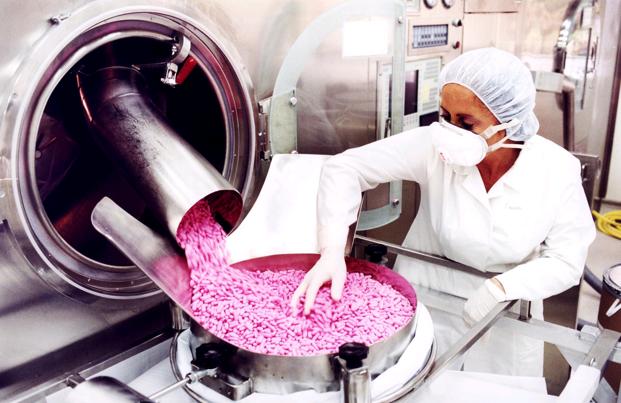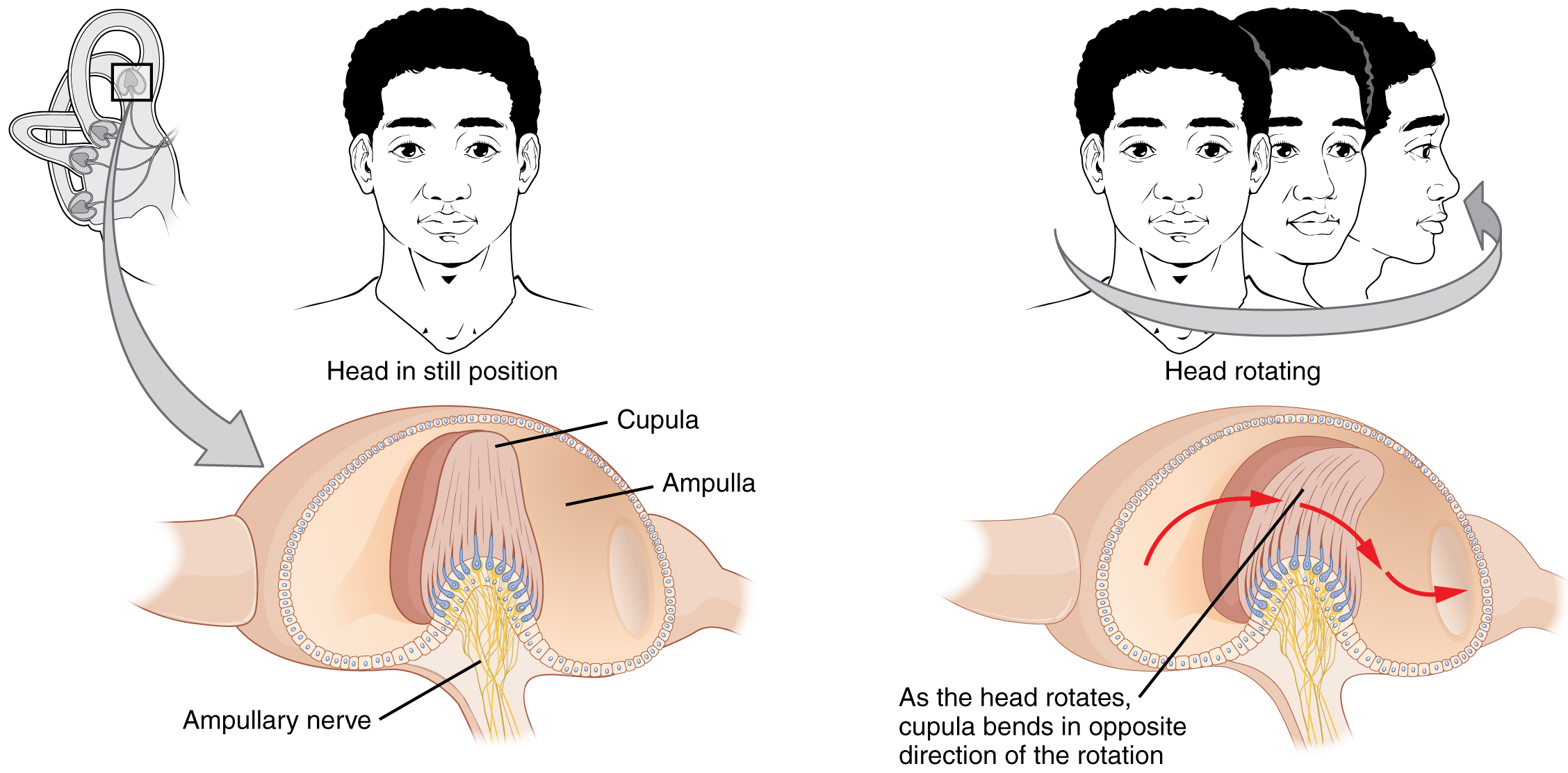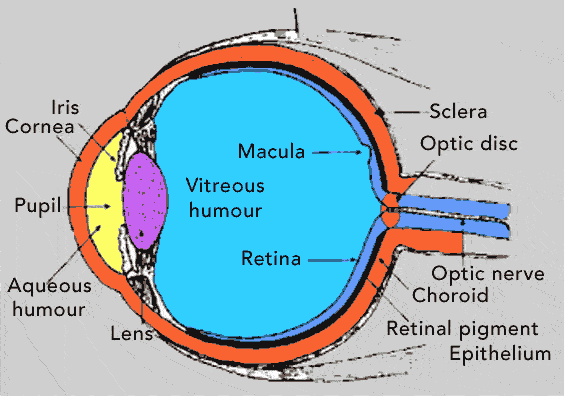Pancreas is a mixed type of gland consisting of two parts: Exocrine part and Endocrine part.
The bulk of the Pancreas consists of glandular acini which secrete a powerful digestive juice into the gut. This is the exocrine part of the pancreas. Scattered amongst the acini are tiny clumps of cells known as the islets of Langerhans. This is the endocrine part of the pancreas. There are two types of cells in the islets of Langerhans.
- The large and peripheral alpha (α) cells which secrete the polypeptide glucagon.
- The smaller beta (β) cells which are clumped around capillaries and secrete the insulin. It increases with rise in glucose levels in the blood.
- In addition to α and β cells there are so called delta (δ)cells which contain less dense granules and whose function is still not known.
Principal Hormones Controlling the Blood Sugar Level
Glucagon and Insulin are the principal hormones controlling the blood sugar level. Glucagon increases the blood sugar (glucose) level whereas, insulin decreases the blood sugar level.
# Glucagon:
It is chemically polypeptide containing 29 amino acids with a molecular weight of 3450. It raises blood glucose level by:
- Promoting glucogenolysis (break-down of glycogen into glucose)
- Stimulating glycogenolysis (formation of glucose from non-carbohydrate source).
Glucagon activates Adenylate cyclase to form cyclic AMP and accelerates deamination of amino acids. It also has a calorigenic action. Glucagon does not produce any action on either muscle glycogen or on the peripheral utilization of glucose. It promotes lipolysis in adipose tissue and liver and enhances ketogenesis.
The main stimulus for the secretion of glucagon is a fall in blood glucose level. The rise in blood glucose inhibits secretion of glucagon. During starvation, glucagon and growth hormone maintain the blood glucose level. A rise in plasma free fatty-acids provides extra energy for most tissues, but the glucose level in the blood must be maintained to provide the brain with adequate amounts of energy, since glucose is the only substance which the brain can utilize for energy production.
# Insulin :
It is also a polypeptide hormone containing 51 amino acids arranged in two chains- chain A, containing 21 amino acids and chain B, contains 30 amino acid residues. These two chains are cross-linked by two sulphur bridges between cysteine residues. Insulin is formed by proteolytic cleavage of its 84 amino acid precursor proinsulin.
Insulin circulates in the blood plasma, bound to a β-globulin. It is inactivated in the body by the enzyme glutathione insulin transhydrogenase which breaks up bisulfide bridges to form two peptide chains A and B. A normal man secretes about 50 units of insulin daily. The total insulin content of pancreas is about 200 units. Insulin secretion is continuous but its rate of secretion is influenced by a variety of factors. Also view more useful articles by PCD Pharma Company.
 Enquiry
Enquiry




